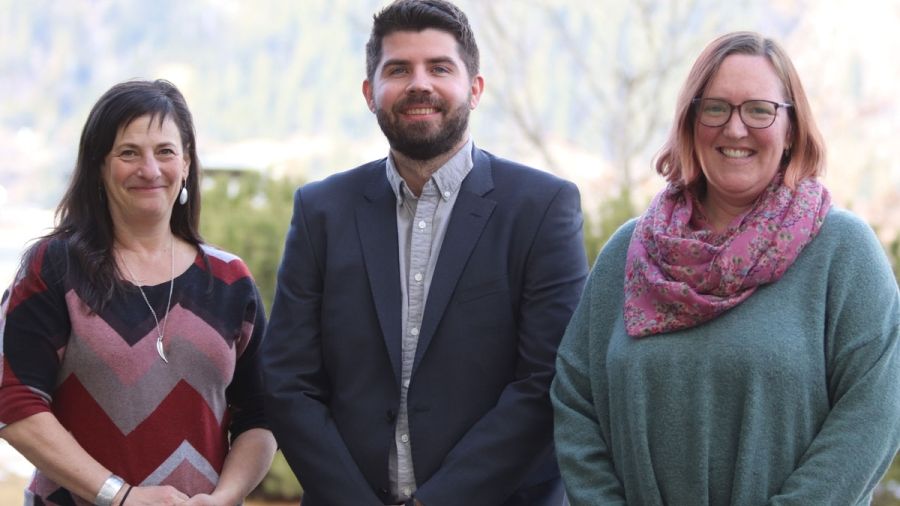Planned giving is one of the most thoughtful ways to support Selkirk College. It allows you and your family to benefit from making a gift now and provides a lasting remembrance of your commitment to the students at Selkirk College.
Planned gifts
Many planned gifts are deferred gifts, such as bequests and life insurance policies.
-
Gifts of cash
-
Securities
-
Real estate
-
Other gifts, structured to reduce taxes payable by you/your estate
Bequests
A bequest is a donation in your will.
-
Distributed by your estate after your death.
-
The Foundation will issue a donation receipt for the bequest.
-
Your estate will receive a tax credit for up to 100% of your taxable income in the year of death and the preceding year.


